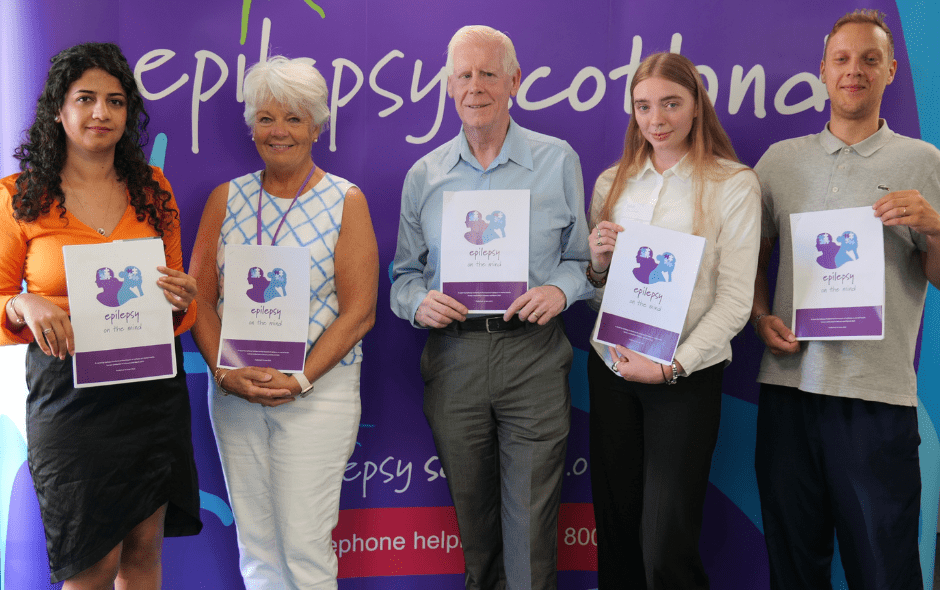National epilepsy charity reveals “shocking statistics” concerning the mental health of people living with the neurological condition.
One in three respondents of people living with epilepsy in Scotland say they have depression, according to a report launched today by Epilepsy Scotland.
The report also found that 46% of people living with epilepsy who took part in the survey said they had anxiety and 54% believed the condition had a “significant impact” on their mental health.
The findings come from a national survey promoted by Epilepsy Scotland in February and March this year which received 718 responses, including all Scottish health boards.
The results have prompted Epilepsy Scotland to call for an increase in the number of mental health professionals (such as counsellors) available to people living with epilepsy and for in-person epilepsy support groups to be expanded across Scotland.
There is also a call for the Scottish Government and local authorities to launch a public awareness campaign around epilepsy and to encourage more people living with epilepsy to seek support.
Lesslie Young, Chief Executive of Epilepsy Scotland, said:
“The findings of the survey we conducted are a cause for real concern. They clearly demonstrate the level of uncertainty and pressure so many people living with epilepsy face every day of their lives. It also clearly demonstrates how that impacts their mental health and wellbeing.
“Whilst everyone experiences their epilepsy differently, what is clear and is supported by the results of this survey is whether seizures are well controlled or not, many are, by their own admission and by diagnosis, suffering with their mental health and need targeted support.
“People living with epilepsy, through this survey, say having someone to speak to and connecting with others through support groups is what they need to support their mental health.
“I strongly urge government and stakeholders to work together with us to ensure we provide the much-needed support people living with epilepsy are asking for.”
You can read and download the report by clicking here.




